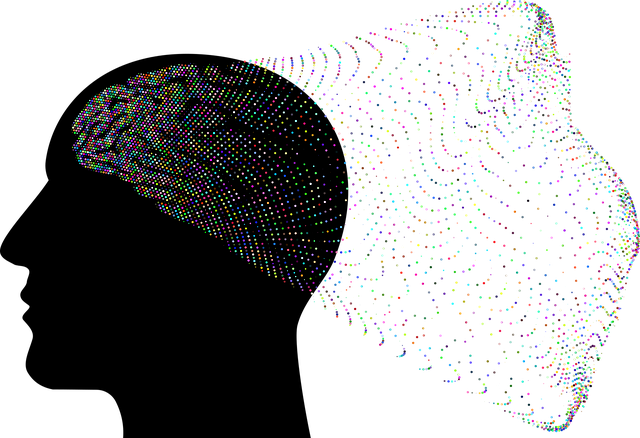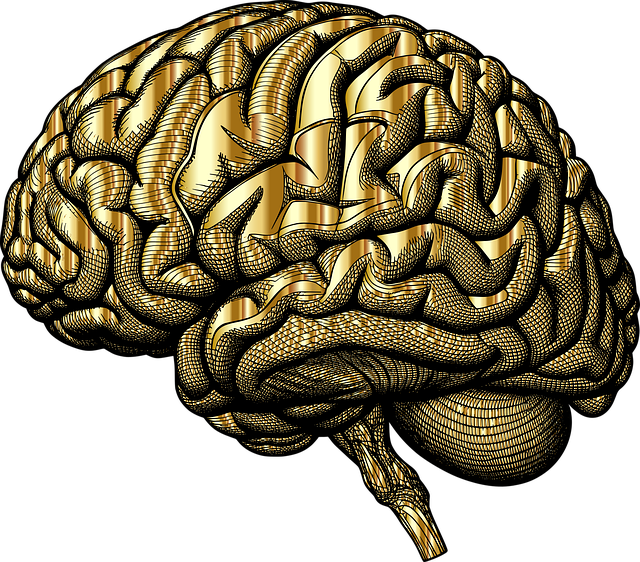Comprehensive education programs integrating mental health and relationship issues are crucial for holistic development. These initiatives focus on addressing communication breakdowns, misunderstandings, and unresolved conflicts through therapy, equipping individuals with social skills, conflict resolution techniques, and resilience building. A successful program incorporates self-care routine development, empathy building strategies, community outreach, mindfulness practices, and interactive exercises to enhance emotional intelligence. Strategic planning, integration with educational frameworks, risk assessments, and tailored sessions ensure effectiveness. Over time, expand the program's scope to include diverse mental health aspects, emphasizing therapy for relationship issues through workshops and seminars.
“Uncovering effective solutions for relationship disparities begins with comprehensive mental health education. This article navigates the intricate design of therapy programs, offering a detailed overview of understanding and addressing mental health concerns within relationships.
We explore key components essential for successful interventions, providing insights into creating impactful initiatives. From identifying issues to implementation strategies, discover how to launch your mental health education program, fostering healthier connections. Uncover the power of tailored therapy for relationship disparities and empower individuals towards well-being.”
- Understanding Mental Health and Relationship Issues: A Comprehensive Overview
- Key Components of an Effective Therapy Program for Relationship Disparities
- Implementation Strategies: Launching Your Mental Health Education Initiative
Understanding Mental Health and Relationship Issues: A Comprehensive Overview

Understanding mental health and relationship issues is a cornerstone of any comprehensive education program. It involves recognizing that mental well-being is intricately linked to our interpersonal connections, with therapy for relationship issues playing a pivotal role in fostering healthy dynamics. Relationship problems can stem from various factors such as communication breakdowns, misunderstandings, and unaddressed conflicts, all of which significantly impact an individual’s mental health.
The program should delve into essential topics like social skills training, conflict resolution techniques, and resilience building to equip individuals with the necessary tools for navigating relationships effectively. By integrating these strategies, participants can enhance their ability to manage emotions, improve communication, and resolve conflicts constructively. This holistic approach not only addresses immediate relationship challenges but also contributes to long-term mental health stability and overall well-being.
Key Components of an Effective Therapy Program for Relationship Disparities

An effective therapy program designed to address relationship disparities should incorporate several key components. Firstly, self-care routine development for better mental health is foundational. Encouraging clients to engage in regular self-care practices like mindfulness exercises, stress management techniques, and healthy coping mechanisms empowers them to take an active role in their healing process. This not only enhances individual well-being but also equips them with tools to navigate interpersonal challenges more effectively.
Additionally, empathy building strategies are integral to fostering meaningful connections and resolving relationship issues. Through role-playing, group discussions, and other interactive exercises, therapists can guide clients in developing emotional intelligence and empathy towards themselves and others. This leads to improved communication, deeper understanding, and ultimately, stronger relationships. Furthermore, implementing a community outreach program can expand the support network for individuals dealing with relationship disparities. By connecting clients with local resources, support groups, and community initiatives, therapists facilitate a sense of belonging and encourage ongoing growth beyond individual therapy sessions.
Implementation Strategies: Launching Your Mental Health Education Initiative

Implementing a mental health education program requires careful planning and strategic execution. One effective approach is to integrate these initiatives into existing educational frameworks, ensuring that students encounter mental wellness topics alongside academic subjects. Collaborating with school counselors or healthcare professionals can facilitate this integration, making mental health education a holistic part of the curriculum.
Starting small and tailoring your program to the specific needs of your target audience is key. Conducting risk assessments for mental health professionals involved in the initiative ensures safety protocols are in place. Incorporate interactive sessions featuring self-awareness exercises and stress reduction methods to engage participants actively. Over time, you can expand the program’s scope, addressing various aspects of mental health, including therapy for relationship issues, through engaging workshops and informative seminars.
Mental health education programs, focusing on therapy for relationship issues, are pivotal in fostering healthy communities. By understanding mental health and relationship disparities through comprehensive overviews, incorporating effective therapy components, and implementing strategic initiatives, we can create inclusive environments that support well-being. These programs not only enhance individual relationships but also contribute to a more resilient and connected society.











